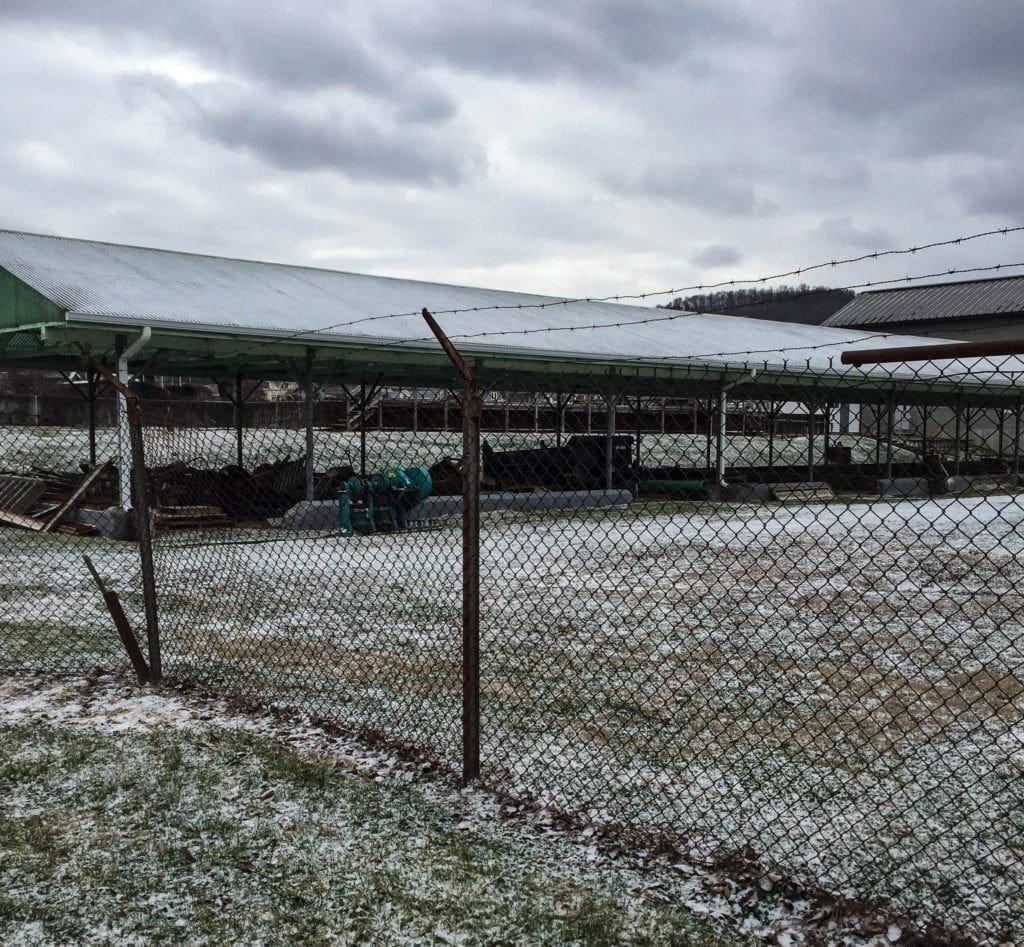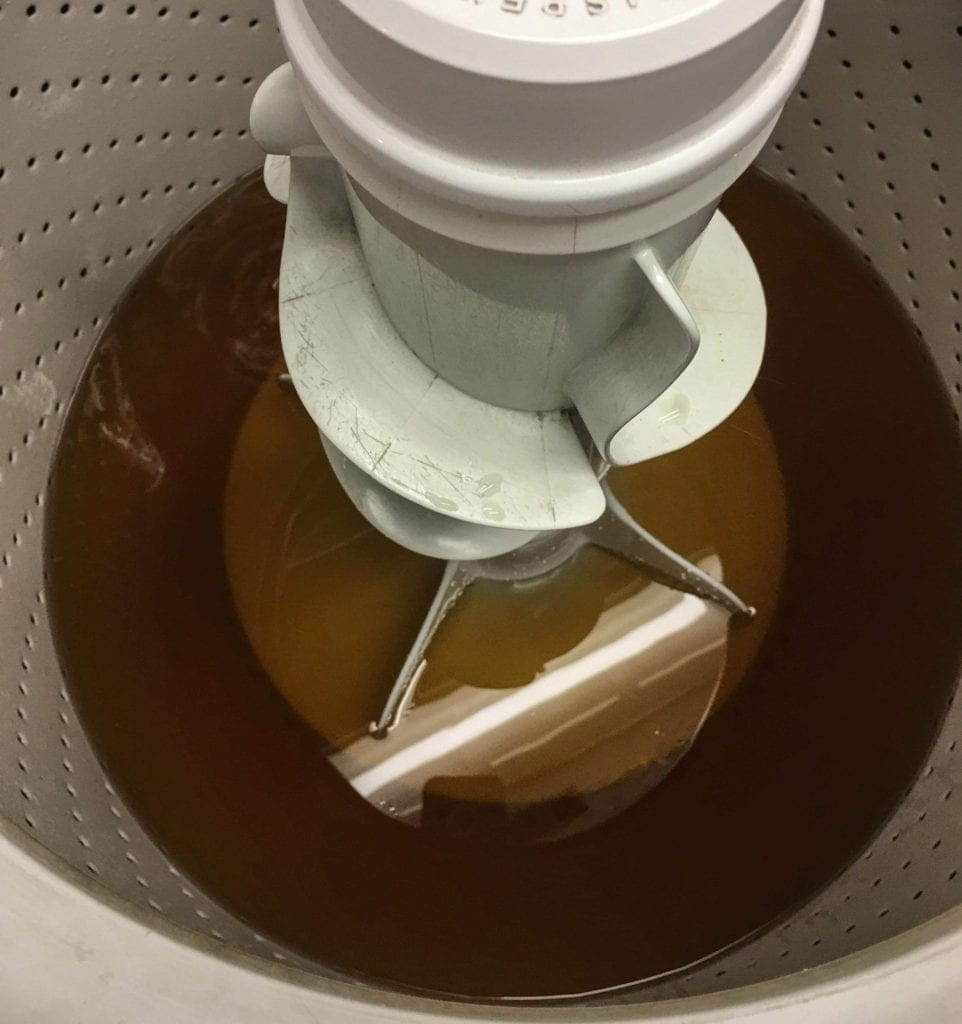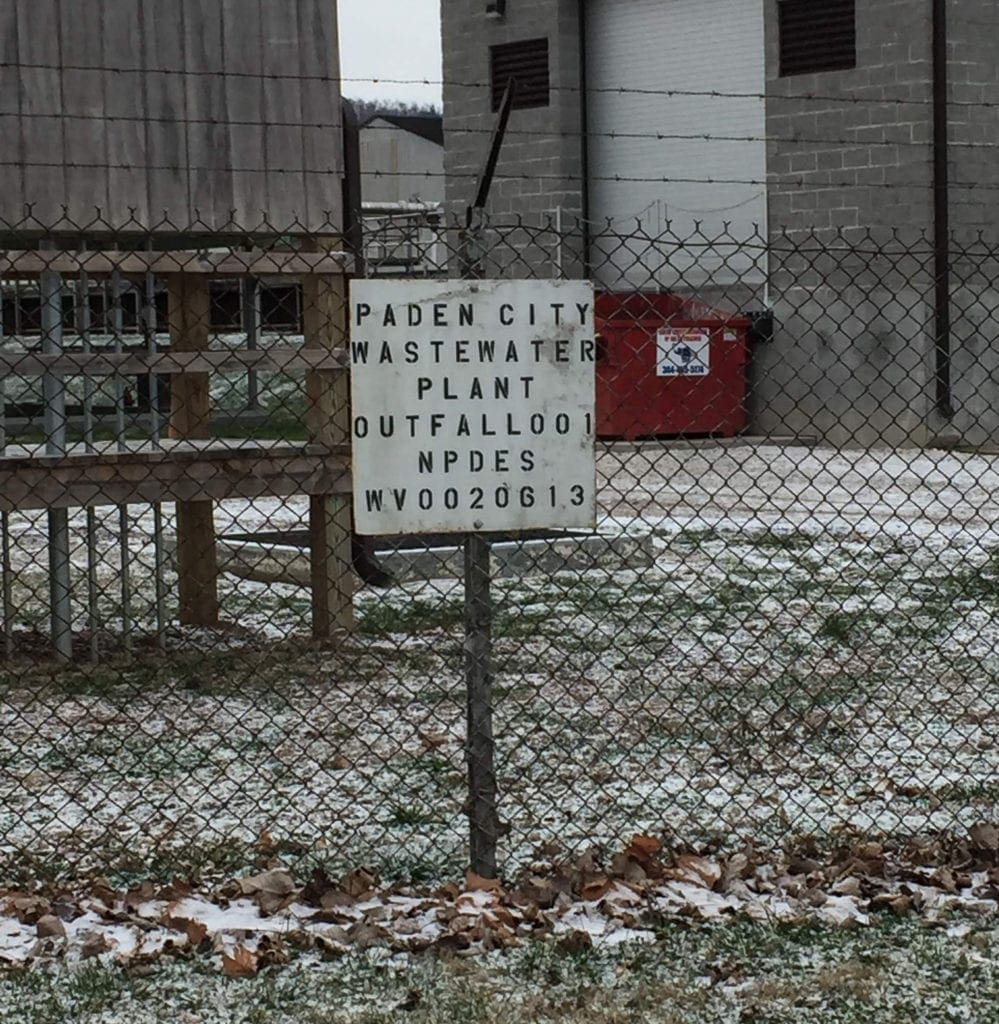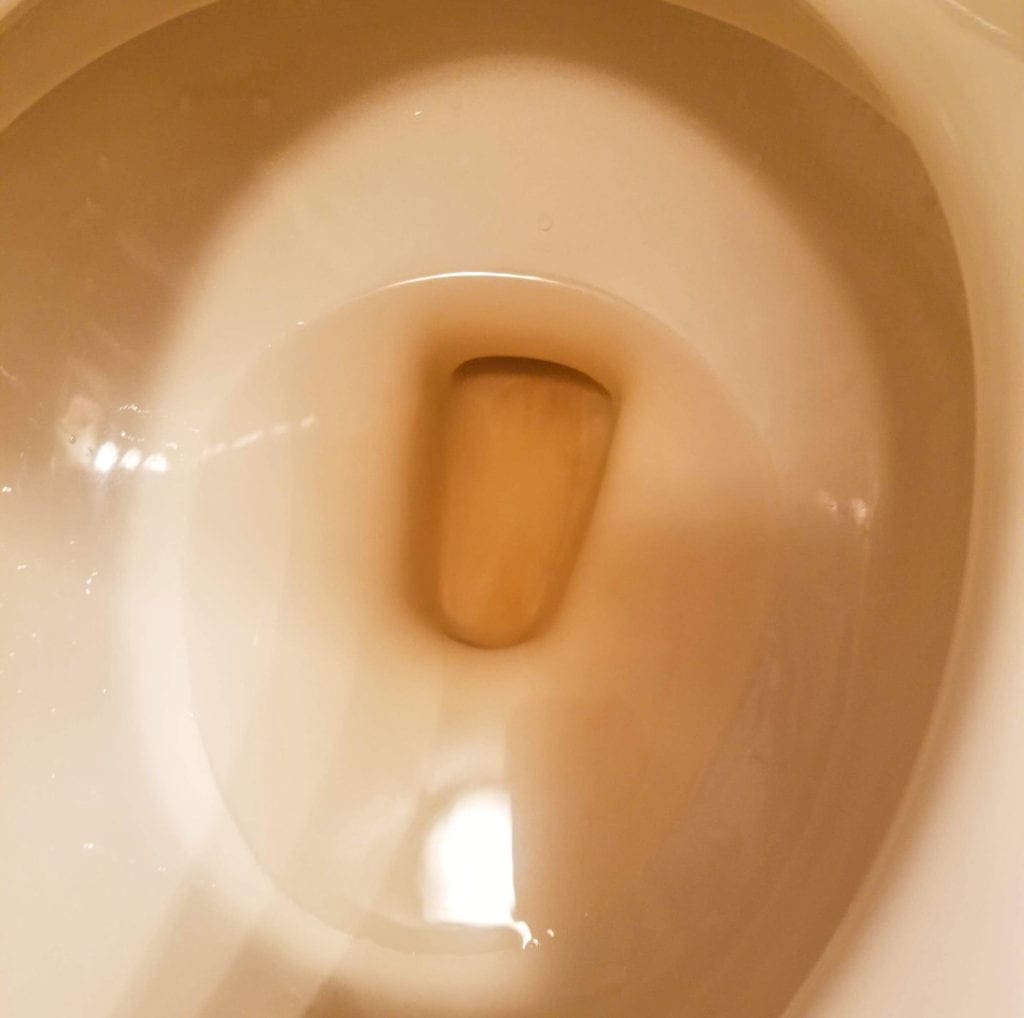And again, Tonya Shuler and the other “Momma Bears” of Paden City will welcome their desperate neighbors and offer them the lifeline that water is to the human body.
Shuler and her friends sent emails, made phone calls, and wrote letters to local and regional businesses, and in reaction they have received more than 7,890 cases of water for tomorrow afternoon’s distribution between 12-4 p.m. at the Corning Building. Each family will receive 10 cases because Shuler believes such efforts are necessary because of the issues involving the Paden City Water Department.
Nearly three weeks ago, the residents received a notice from the water authority that warned a potentially dangerous level of PCE, or Tetrachloroethylene, was present in Paden City’s water supply. The legal limit for the carcinogen, according to the U.S. Environmental Protection Agency, is 5 parts per billion and the notice informed taxpayers the level was nearly three times the allowable limit.

“And that’s a problem, now isn’t it,” said Shuler, a native of New Martinsville who has lived in Paden City for 25 years. “It’s not the first time either. Last year, it was 5.5 parts per billion in 2018, and no one seems to know how long this PCE level has been an issue. Some records show a presence of that stuff in our water since 1999.
“I know everyone is concentrating on the dry cleaner business because PCE is used during that process and the drainage might have soaked into the water supply, but Paden City has been an industrial town for a long time,” she explained. “Does anyone really know everything that was used in the glass industry 50 years ago when there were no regulations? We had a lot of glass here, and there’s still Marble King, but that business is much different these days.”

Appreciated?
Shuler and several other local activists feel as if they are appreciated by Paden City residents, but not by city officials. Recent council meetings have been crowded but, according to Shuler, have not been met with welcoming arms.
“The people who work for the water department are mad at us because of the attention we’re bringing to the issue, but we all know it’s not their fault at all,” she said. “Those folks work very hard, and we know that. They do everything they can do so we have the best water possible.
“But when the water’s brown, and when people are getting sick, the problem is above those employees and we know that,” Shuler insisted. “The mayor and the council have done some work on the issue, but here we are, afraid to even touch the water let alone drink it.”

Soured Source?
Saturday’s free water distribution is not the first organized by Shuler and her friends, all of whom have ill family members, but as the supplies come available, they plan to continue the effort to assist their neighbors. The city has gained a $570,000 emergency grant from the federal Department of Agriculture to install a new water filtration system.
Discovering a new water source, according to a recent report by West Virginia Public Broadcasting, is a current city council conversation.

“If that is what will finally fix these safety concerns, then that’s what I hope they continue to look into,” Shuler said. “Water isn’t a priviledge, especially when we are paying our water bills. And trust me, the residents were told that if we refused that the city would turn off our service.
“Drinking our water hasn’t been an option for a few years because of the problems with this PCE, and that just took a Google search. It may be OK in the short term, but that’s why we need to know this has been an issue,” she added. “And that is why, this Saturday, we hope to give out all of the water that has been donated. The response has been overwhelming, and we thank everyone. I wish I could say this will be the last one, but I expect we’ll just continue until we can trust our city water again. And who knows when that will be?”

